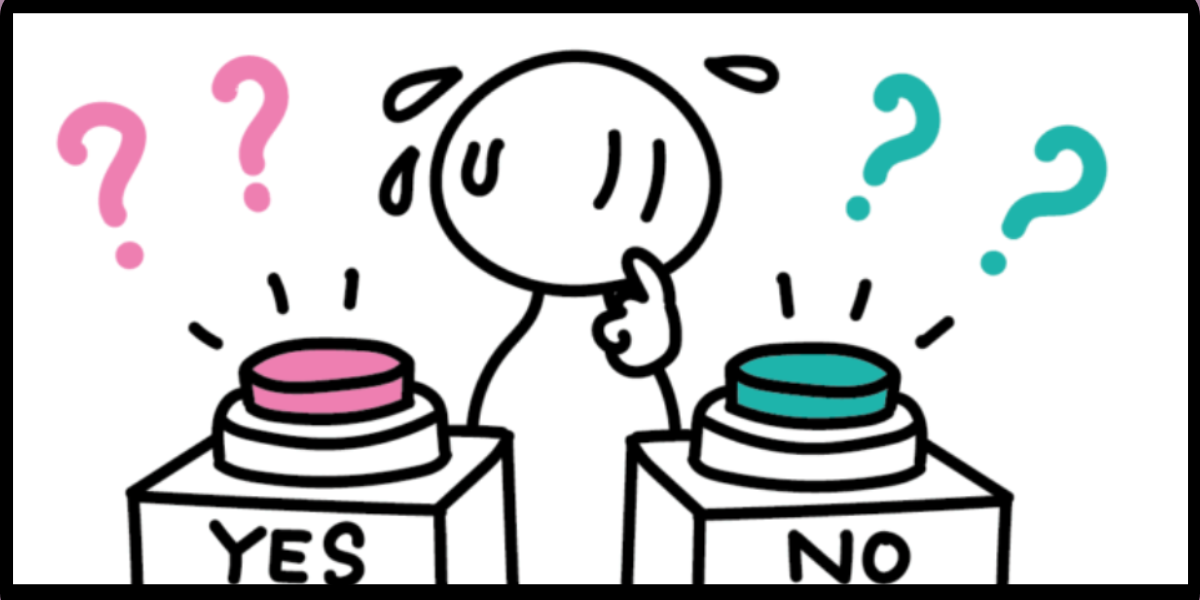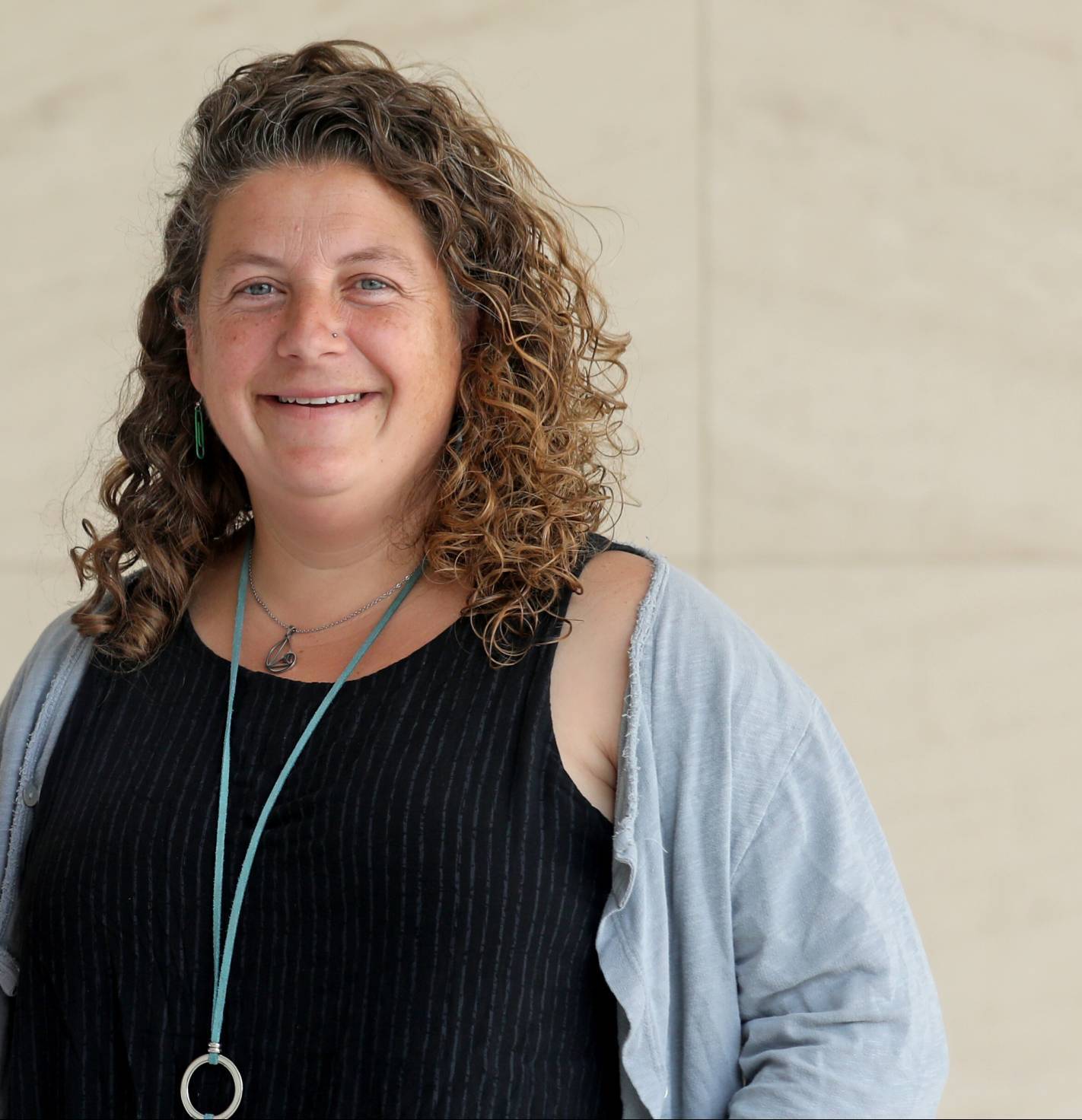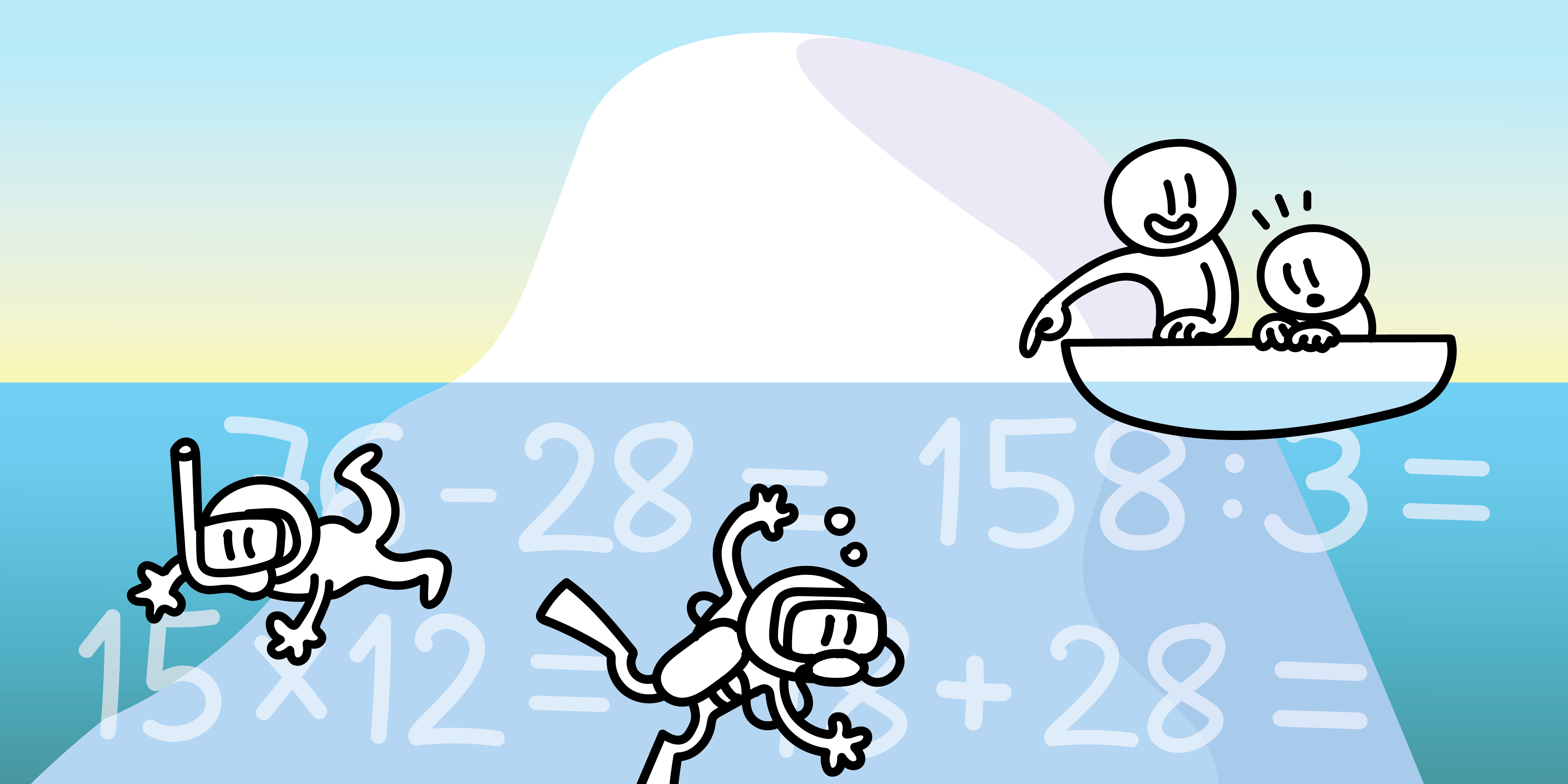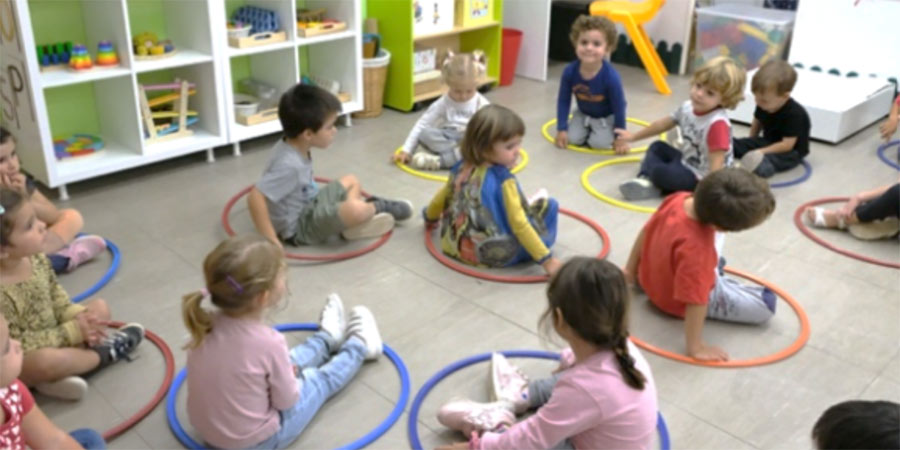Do multiplication tables need to be memorized? Should we encourage struggle in math? How vital is fluency?
You often ask us these questions, and we didn’t want to miss the chance to turn them into a game.
Are you in?
1/5 Has the way we perform basic operations changed?
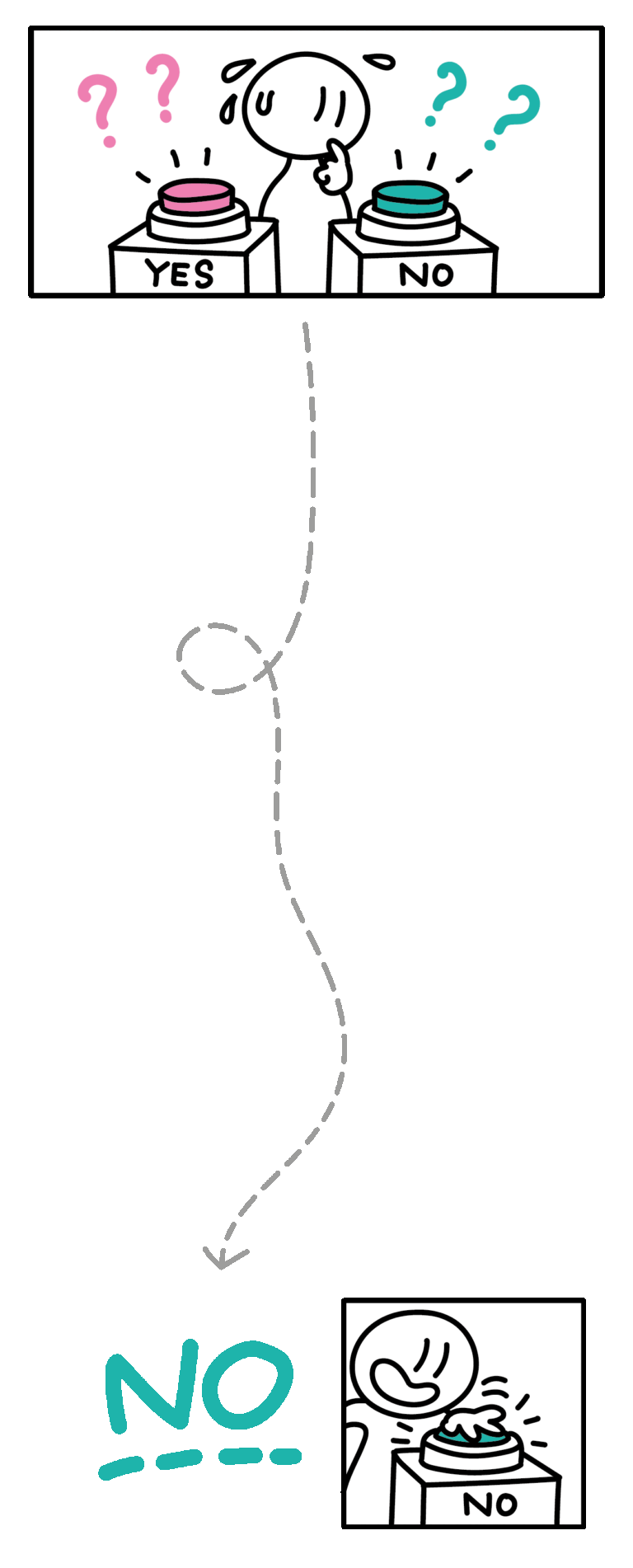
We perform operations the same way; what changes is how we learn them.
For students to develop fluency in solving operations and arrive at the correct result efficiently, it is important to build conceptual understanding: what are we doing, and why does it work?
To construct basic operations (addition, subtraction, multiplication, and division) with meaning, various strategies are introduced. Mastery of these different strategies not only increases understanding but also promotes flexibility in calculations.
Each of these strategies follows a learning process designed to maximize this understanding. We start with the most concrete, using manipulatives, and gradually move toward the most abstract, achieving a more efficient and compact representation.
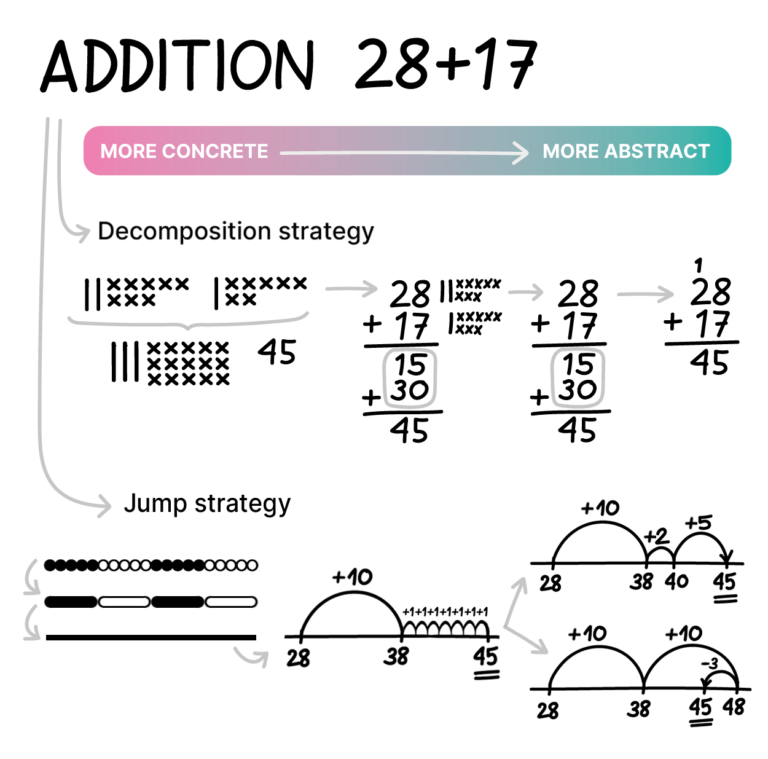
- Van Den Heuvel-Panhuizen, M. (2008). Children Learn Mathematics: A Learning-Teaching Trajectory with Intermediate Attainment Targets for Calculation with Whole Numbers in Primary School. Dutch Design in Mathematics Education, Vol. 1. Utrecht: Freudenthal Institute, Sense Publishers.
-
Kilpatrick, J., Swafford, J., Findell, B., & National Research Council (U.S.), Mathematics Learning Study Committee. (2001). Adding it up: Helping children learn mathematics. National Academy Press.
2/5 Is practice important?
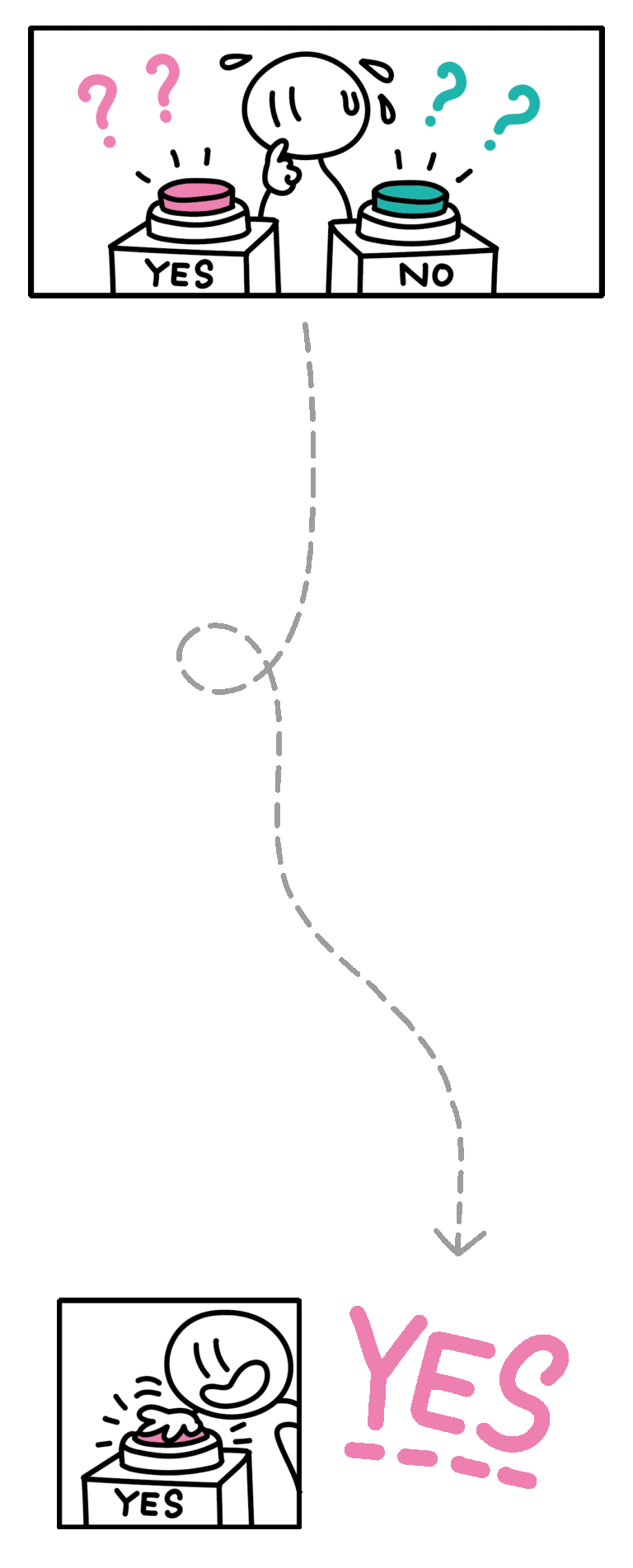
Practice is essential for consolidating knowledge and developing fluency.
That’s why dedicating time to reproductive practice is crucial, focused on mastering a specific procedure through repetition. Equally important is productive practice, where practice becomes an opportunity to engage in mathematical processes such as problem-solving.
Technology enhances practice by adding value: it allows for individualized learning, providing immediate feedback and detailed reports on each student’s progress. This enables teachers to tailor support to each student.
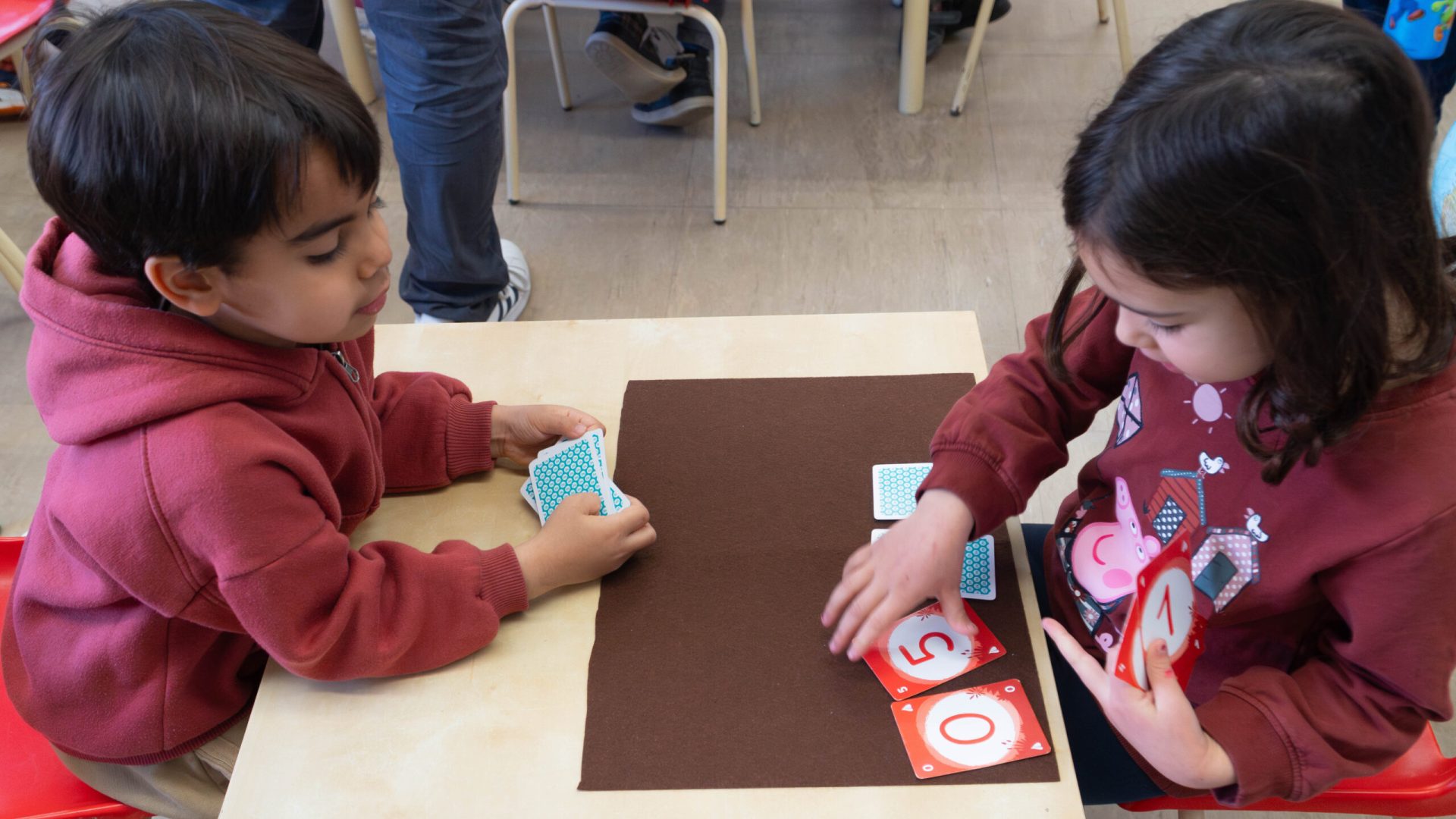
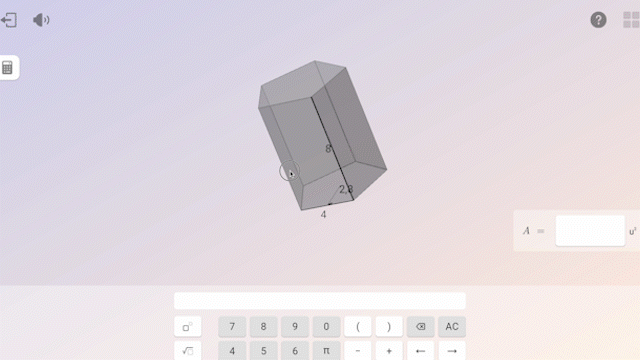
- Spangler, D. A., & Wanko, J. J. (2017). Enhancing Classroom Practice with Research Behind Principles to Actions. NCTM.
-
Pettersson, F. (2017). On the issues of digital competence in educational contexts – a review of literature. Education and Information Technologies, 23(3), 1005–1021. https://doi.org/10.1007/s10639-017-9649-3
3/5 Should we memorize times tables?

Memorizing multiplication tables is crucial for meaningful learning in later concepts, such as division or powers.
After building conceptual understanding of multiplication tables, it’s time to practice them, so students can automate the results and develop strategies to quickly deduce those they haven’t memorized yet.
Not knowing them increases cognitive load in advanced problems, as students must devote effort to basic calculations, reducing their ability to focus on more complex aspects.
-
Bay-Williams, J. M., & SanGiovanni, J. J. (2022). Accessing Fluency through Routine and Opportunity. NCTM Annual Meeting 2022. Los Angeles.
-
Vilalta, A., Calvo, C., & Correig, E. (2023). Automatizar las tablas de multiplicar: un propósito que va más allá de 3.º EP. UNO: Revista de Didáctica de las Matemáticas, 99, 61-67.
-
Sweller, J. (1988). Cognitive load during problem solving: Effects on learning. Cognitive Science, 12(2), 257-285.
4/5 Do we have to avoid struggle in math?

Struggle in math education should not be avoided but leveraged for learning. We are talking about productive struggle, which involves developing perseverance and flexible thinking, rather than simply seeking the correct solution.
Teachers adjust this effort by presenting appropriate challenges, without giving answers and encouraging student motivation and autonomy.
A growth mindset is essential for accepting mistakes as opportunities to advance in the learning process, develop resilience, and maintain motivation.
- Boaler, J. (2016). Mathematical Mindsets: Unleashing Students’ Potential through Creative Math, Inspiring Messages, and Innovative Teaching. Jossey-Bass.
-
Dweck, C. S. (2006). Mindset: The New Psychology of Success. Random House.
5/5 Do we, as teachers, play a key role in all of this?

No resource or program, no matter how well-designed, can succeed without the dedication and expertise of teachers.
There are no magic formulas: your commitment, continuous learning, and confidence in your students’ potential are the real drivers of their learning.
For this reason, teaching guides and coaching opportunities are valuable tools to help you grow as professionals and provide the best possible experience for your students.
-
Shulman, L. S. (1987). Knowledge and teaching: Foundations of the new reform. Harvard Educational Review, 57(1), 1-22.
-
Darling-Hammond, L. (2000). Teacher quality and student achievement: A review of state policy evidence. Education Policy Analysis Archives, 8(1), 1-44.
If this has sparked your interest, we encourage you to check out our white paper, where we explore these and other topics in depth.
We are here to support you and work together to enhance students’ math education.
See you soon!

